The six systems of Hindu philosophy Karma-Mimamsa, Uttara-Mimamsa, Sankhya, Yoga, Vaiseshika, Nyaya-are grouped into three pairs due to their close affinity. The first two are basically expositions than philosophies. Each is called a Mimamsa which means investigation or critical interpretation. The Karma-Mimamsa, as codified by Jaimini, consists of a large number of aphorisms, usually accompanied by comments, which provide authoritative solutions to problems arising from the interpretation and observance of every injunction covered by the Srauta and Grihya sutras governing sacrificial rites. Gradual discussions on the validity of knowledge and its diverse forms crept inside the main body. Most of the commentaries, save that of Sabarasvamin’s Bhasya, went into disuse. This Bhasya was expounded by two renowned scholars Prabhakara known as the Guru and Kumarila called Bhatta. The former’s work Brihati is a pure elucidation, while the latter’s Sabarabhasya, divided into three parts Slokavarttika, Tantravarttika and Tupika frequently contradicts Sabara, Salikanatha, a disciple of Prabhakara carried on the tradition of his master. Mandana Misra, also known as Suresvaracharya, wrote several works on Kumarila system. The Karma-Mimamsa denies the existence of God; suggests, rather than asserts, a realistic conception of the world; upholds the doctrine of Karma. In short, it enjoins everyone to do his duty; for this is the way to heaven (Svarga) and infinite bliss (anantya). In this book, A.B. Keith clears the mists of obscurity enveloping the discussions on Karma-Mimamsa and shows how relevant is its exegesis to modern man.

The Karma Mimamsa
$20.70
$23.00
In stock
Free & Quick Delivery Worldwide
All orders amounting to US$ 50 or more qualify for Free Delivery Worldwide. For orders less than US$ 50, we offer Standard Delivery at $14 per book.
ABOUT THE AUTHOR A Berriedale Keith
Arthur Berriedale Keith (1879-1944), an eminent authority on Sanskrit language and literature, was born at Portobello, Edinburgh on 5 April 1879. After a brilliant academic career at Edinburgh and Balliol College, Oxford where he studied classics, Sanskrit and Pali, he entered the British Civil Service in 1901. In 1904, he was called to the bar at Inner Temple. Though better known for his deep study of Sanskrit language and literature, Keith also had a deep understanding of law. In 1914, he joined the University of Edinburgh as a Regius Professor of Sanskrit and Comparative Philology and from 1922 he concurrently held the lectureship in the Constitution of the British Empire. Apart from being a member of the Committee on Home Administration of Indian Affairs (1919), he was also a member of a number of important Commissions. He died in Edinburgh on 6 October 1944. Arthur Berriedale Keith’s contributions on Sanskrit language and literature are diverse and are marked by a deep understanding of the obstruse subjects as is evident from his books and many articles in learned journals and translations of ancient Sanskrit Texts. His History of Sanskrit Literature, Sanskrit Drama, Classical Sanskrit Literature, Religion and Philosophy of the Veda and Upanishads, Samkhya System: A History of the Samkhya Philosophy, Responsible Government in the Dominions apart from the translations of the Karma-Mimamsa, Aitareya Aranyaka, Sankhayana Aranyaka and Mythology of All Raees: Indian and Iranian (jointly with Albert J. Carony) and Vedic Index of Names and Subjects (jointly with A.A. Macdonell) bear testimony to his deep scholarship.
reviews
0 in total
Review by Anonymous
Be the first to review “The Karma Mimamsa” Cancel reply
You must be logged in to post a review.
Bibliographic information
Title
The Karma Mimamsa
Author
Edition
1st ed.
Publisher
Length
120p.
Subjects
more by A Berriedale Keith see more
similar bookssee more
Essays on Hinduism
$12.35
$13.00

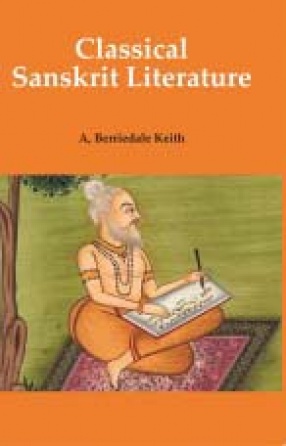
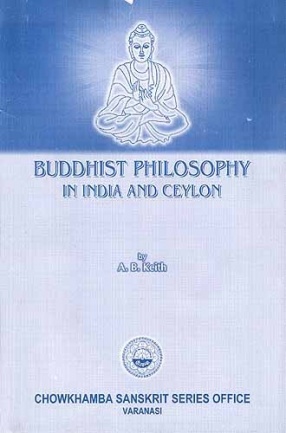
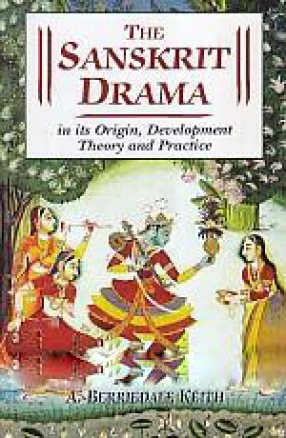
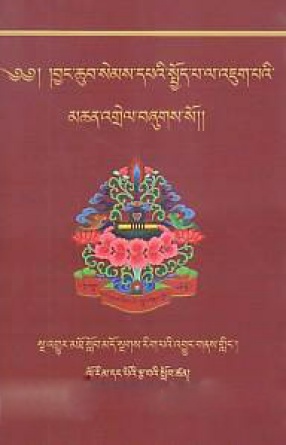
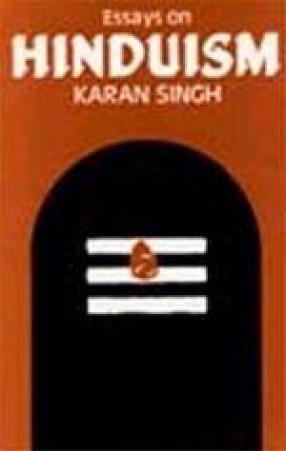
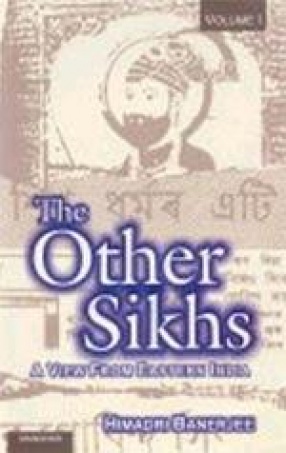
There are no reviews yet.